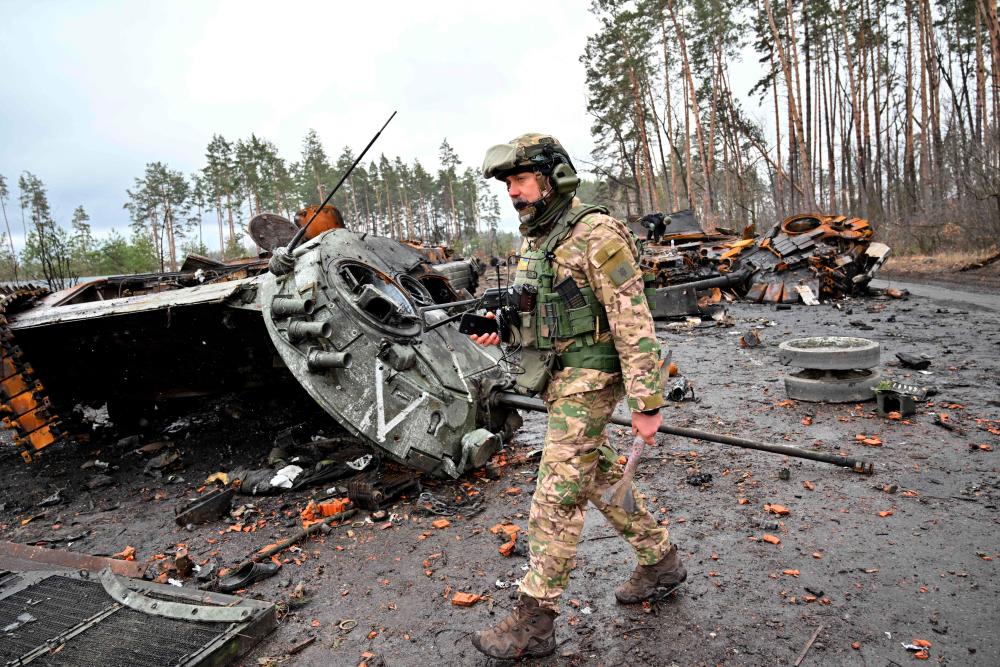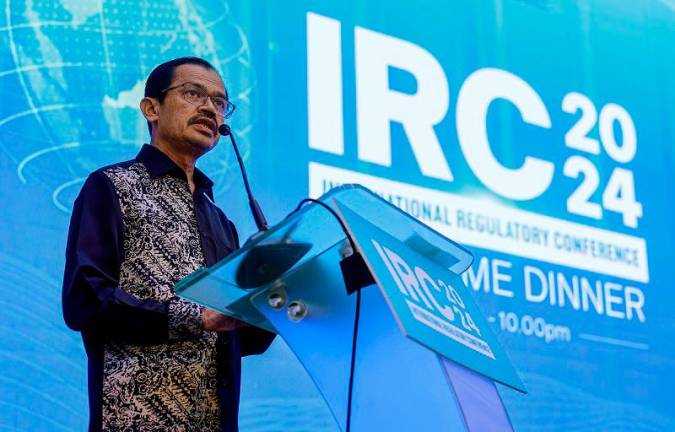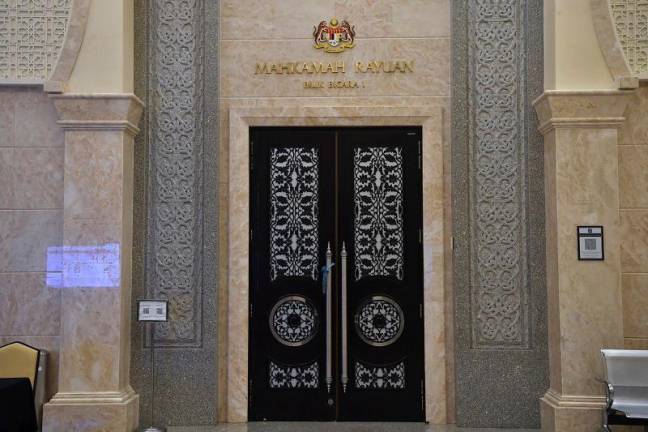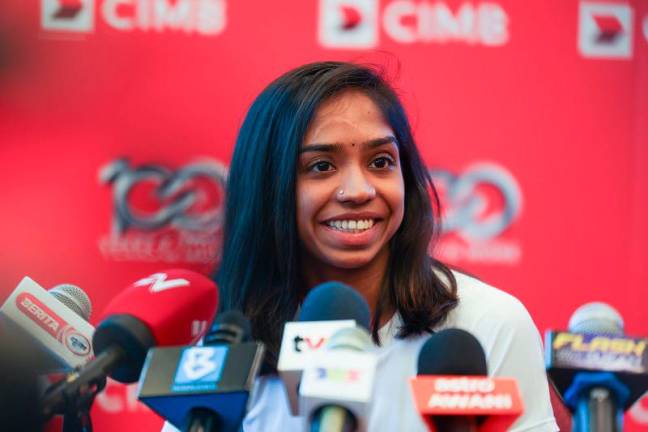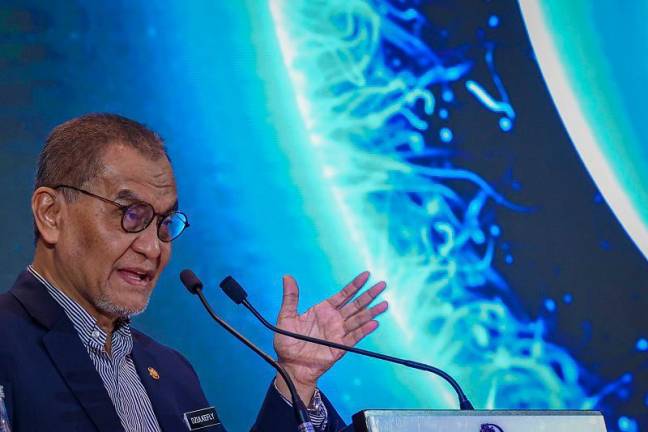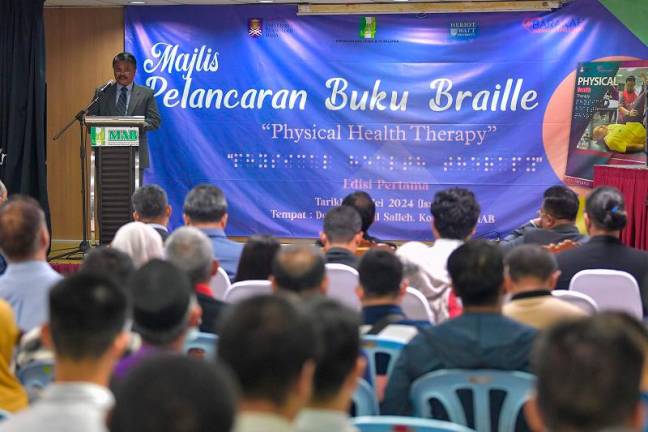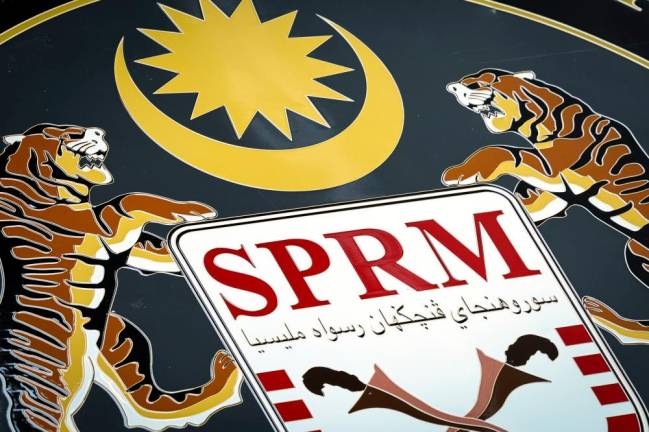THE war in Ukraine is dragging on. Today, July 13 will be the 140th day of the armed conflict, which began on Feb 24 when Russian president Vladimir Putin declared that Russia was launching a special military operation in Ukraine.
As expected, thousands have been killed so far on both sides. Among Ukrainians, both soldiers and civilians are victims. Russian casualties have been mainly soldiers.
There has also been massive infrastructure destruction in Ukraine.
The outflow of refugees from Ukraine to Poland and other European countries has been heartbreaking.
The other consequence of the war has been the imposition of severe economic sanctions on Russia by the US and other Western countries.
The sanctioning on the export of oil and gas from Russia has plunged a number of European countries into an economic crisis.
Inflation has soared sky high and people are struggling to make ends meet, especially in countries where incomes have stagnated for some time.
Since Russia is also a major exporter of wheat, Western sanctions have also multiplied the suffering of people in poor wheat-importing countries such as Egypt.
Like the fuel supply chain, the global food supply chain has been strained more by the sanctions than by the war itself.
Despite what sanctions and the war have done to families and economies thousands of kilometres away from the scene of the conflict, there are parties on both sides who want the war to go on.
There are many Russians who argue that since they have gained control of almost all of southern and eastern Ukraine, known as Donbas, (which is where many Russian–speaking Ukrainians live) they should press ahead and consolidate their position.
Besides, there is nothing to indicate that Nato is willing to exercise restraint over its eastward push towards Russia or refrain from incorporating Ukraine into Nato, which were the principal reasons why Russia was provoked into invading Ukraine in the first place.
If anything, the strategy document adopted by Nato at the end of its summit in Madrid in June 2022, asserts emphatically that the doors of Nato “remain open to all European democracies that share the values of our alliance” and “decisions on membership are taken by Nato allies and no third party has a say in this process”.
Nato’s hardline position on expansion and membership is further reinforced by a motive, which has become more obvious throughout the course of the war.
Some members of Nato and the US leadership are keen to exploit the war to emasculate Russia as a military power.
This is why they would like to prolong the war. In Ukraine itself, the government in Kyiv, the capital, and a substantial segment of the populace in the Western part of the country perceive themselves as part of Western Europe and want to see Nato emerge triumphant in the war.
The Kyiv government is determined to retake territory lost to Russia in recent weeks.
It is because these two positions are antagonistic to one another that the Russian stance, on the one hand, and the Ukraine/Nato/Western stance, on the other, appear so irreconcilable.
This may also explain why sincere efforts by Indonesian President Joko Widodo and head of the Catholic Church and Vatican Pope Francis have not borne any fruit so far.
Nonetheless, men and women of goodwill everywhere should keep trying.
It is in that spirit that we are proposing an international conference that will bring together all the main actors in this crisis and leaders of important nations and regional and international organisations to explore short, medium and long-term solutions to the crisis confronting us, which began in 2014.
At the crux of it is of course the current war in Ukraine. The conference must, at all costs, bring the war to an immediate end.
In doing so, it should conduct an honest examination of the trends and forces that led to the war.
It must also analyse the central security concerns of our time with a clear aim of constructing a viable global security architecture.
This architecture should eliminate the hegemonic power of any one nation or cluster of nations over the international system.
Given the disastrous consequences of sanctions, the conference should also eliminate all unilateral sanctions and subject collective sanctions undertaken through the UN to strict controls and checks by the UN General Assembly (GA).
For instance, only when 90% of GA members vote for a sanction should it then be applied.
Its implementation should be monitored by a special committee of GA members who will recommend when the sanction should be lifted.
Finally, who in the international arena should initiate the proposed conference?
All its shortcomings, notwithstanding, the office of the UN Secretary-General is the best institution to take up the challenge.
It is an office that commands legitimacy in relation to the task at hand.
Besides, the UN Secretary-General has the authority to do so. It is urgent. And he must act immediately.
Dr Chandra Muzaffar is the President of the International Movement for a Just World (JUST). Comments: letters@thesundaily.com



